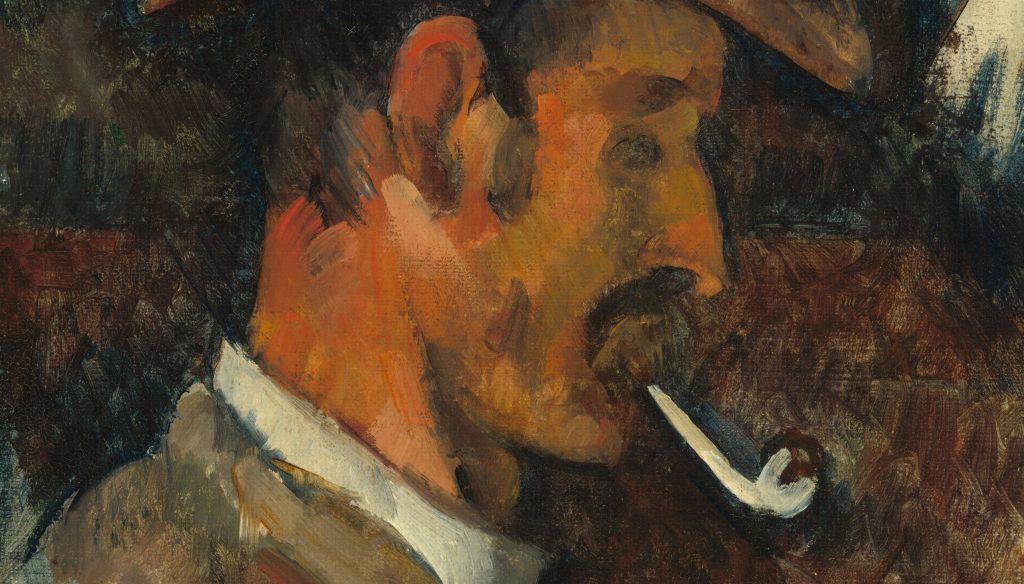Recently, lawmakers across the European Union have begun to take a great interest in tobacco products. While their motives might be sound, the policy approach they have adopted towards cigarettes is likely to be counter-productive. Politicians seem determined to take new steps to restrict the use, sale and advertising of tobacco products and directly limit the civil liberties of smokers. Unfortunately, this is likely to overjoy criminals who profit from the illicit tobacco trade.
It is not breaking news that European lawmakers want to crack down on tobacco. In recent years, though, there has been a marked shift in the tone of the tobacco policy debate, with bureaucrats and politicians seemingly leaning further towards a restrictive and punitive approach to governing the cigarette market.
Across the European Union, EU member states are required to apply a minimum excise tax rate of 60% on cigarettes and other tobacco products. According to the European Commission’s Taxes in Europe database, the true average was more than 80%, with many countries taking it upon themselves to go above and beyond the EU minimum and seek to punish smokers further for their consumption choices. These measures are not an effective way to reduce smoking rates.
The result of these punitive taxes is that the poorest Europeans are hit hardest, pushing them towards cheaper options or, in some cases, towards unregulated alternative products. KPMG estimates that EU member states lost a total of 11.3 billion euros in tobacco taxes thanks to the booming cigarette black market in 2022 alone.
European lawmakers seem determined to restrict or cut off access to tobacco and nicotine products from every avenue. For instance, the EU has also banned flavored tobacco products. In some EU member states, there are all kinds of limits on where you can smoke, too. For example, in Portugal, smokers are prohibited from smoking near public buildings.
These kinds of arbitrary rules, enforced with the power of the state, make breaking the law seem like much less of a big deal than it otherwise might. An overworked doctor or an underpaid teacher who has not yet managed to wean themselves off cigarettes is unlikely to walk for miles away from their workplace to take a smoke break, so these draconian rules would mean they suddenly find themselves on the wrong side of the law if they go outside to smoke a cigarette.
It is not a huge leap, therefore, for those same people to feel pressured by sin taxes and sales restrictions to start buying their cigarettes illegally, too. When that happens, everyone loses out. Governments lose billions in tobacco tax revenue and the individual now has no idea what unlicensed, unregulated product they are putting into their body, no doubt fuelling other criminal activity in the meantime by buying from illicit sellers.
A tobacco-free future would be a good thing, but European lawmakers are going about it completely the wrong way. They will not change the consumption habits of millions through restrictions and punitive changes to the law. By limiting access to reduced-harm products, governments inadvertently force smokers who want to quit to do so ‘cold turkey’, a method which carries a very low success rate.
Couple that with high tobacco taxes and all sorts of restrictions on where and how you can smoke and you will create an environment in which ordinarily law-abiding citizens are willing to sidestep the law to buy cigarettes illegally, buying illegal products from unlicensed vendors because they are cheaper and more easily accessible. It is the worst possible outcome for all parties.
Alcohol prohibition failed. The war on drugs has failed spectacularly. And yet, Europe seems determined to repeat these mistakes in its approach to smoking, edging closer every day to an all-out tobacco ban. The only way to meaningfully and sustainably tackle mass cigarette smoking is by improving education and information around reduced-harm products which can be used to help smokers quit. A punitive approach will only make the situation worse.
Written by Ricardo Filipe – a fellow with Young Voices Europe based in Portugal and a writer on politics and policy. He is also an active member of the Portuguese Liberal Party (Iniciativa Liberal) where he helps coordinate communications.



